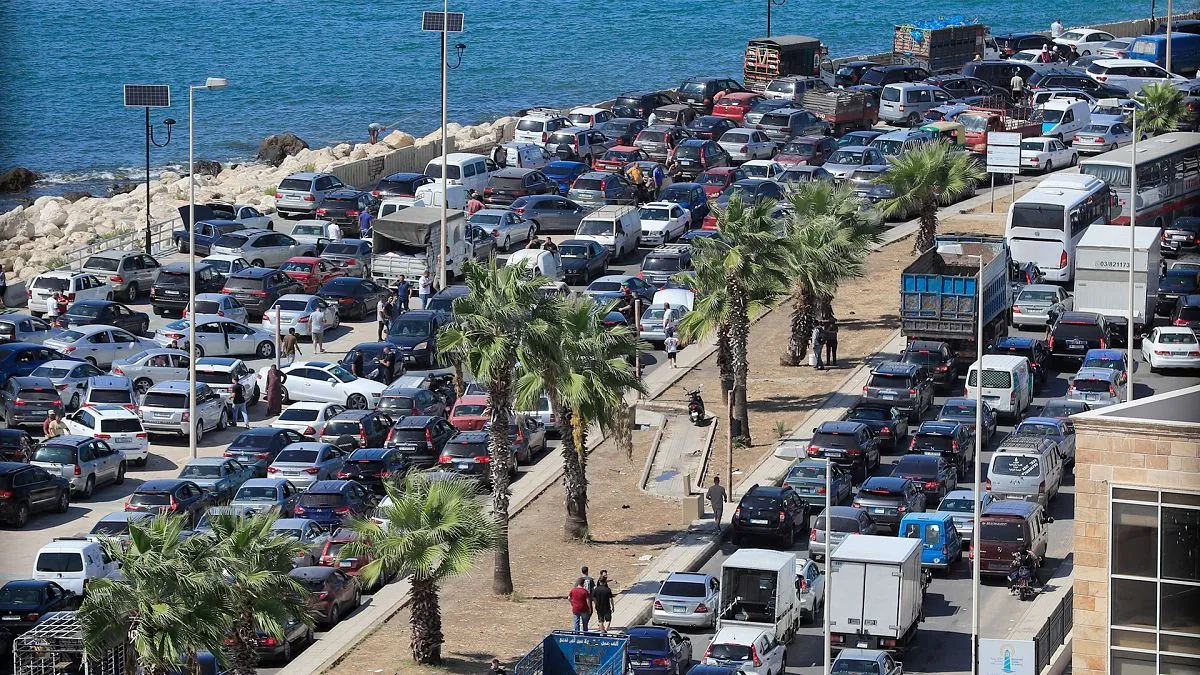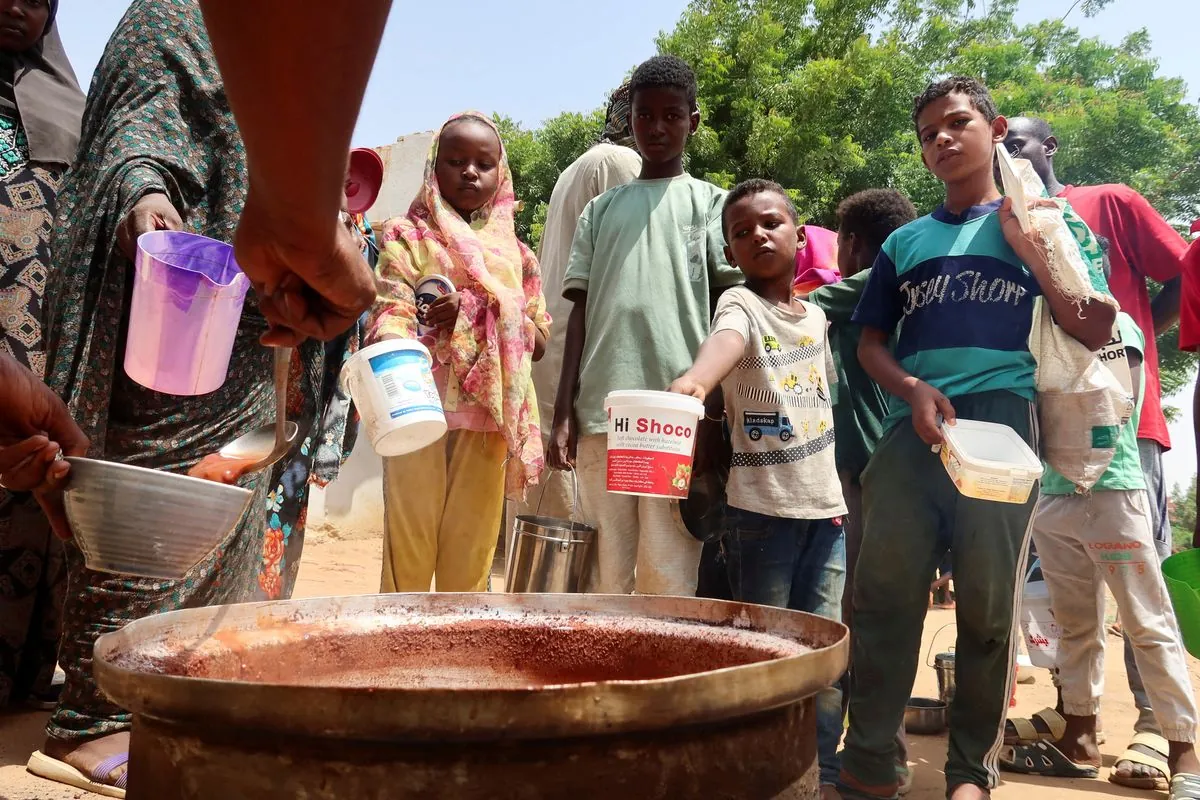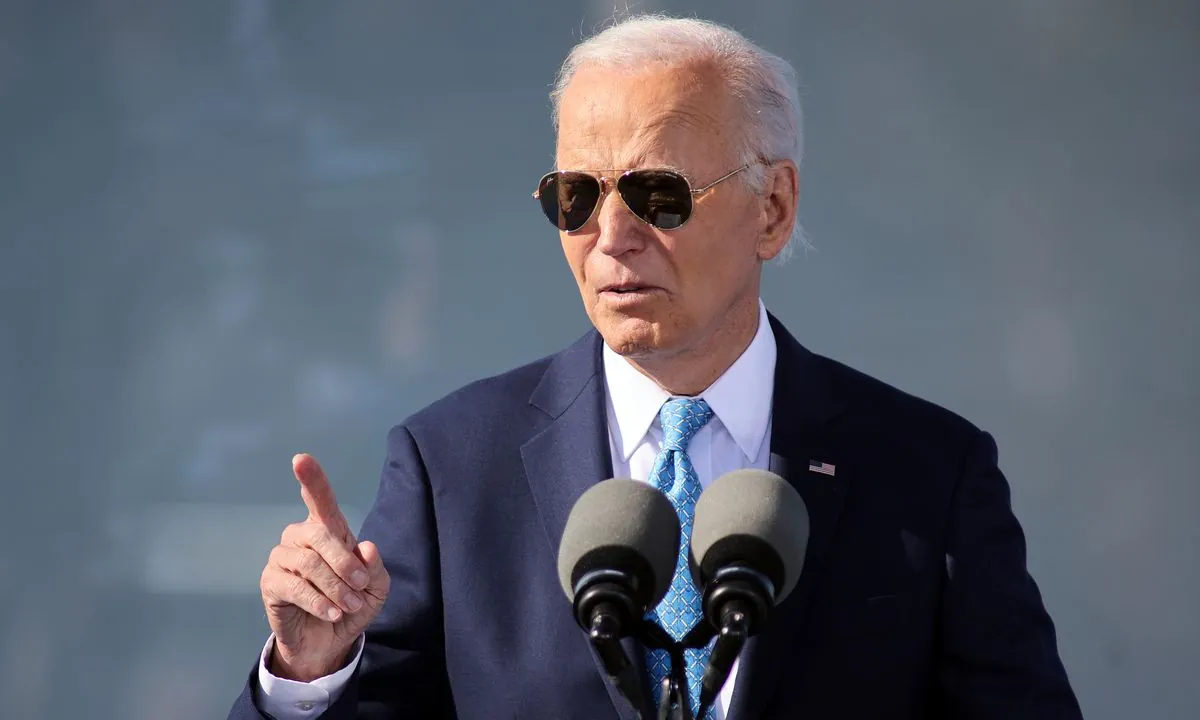Mass Exodus: Southern Lebanese Flee Intensifying Israeli Bombardment
Thousands evacuate southern Lebanon as Israeli attacks escalate. UN allocates emergency funds as the humanitarian crisis deepens, with over 100,000 already displaced since October 2023.

In a significant development, thousands of families from southern Lebanon are evacuating their homes amidst intensifying Israeli bombardment. This mass exodus, occurring on September 23, 2024, marks the most severe escalation since the 2006 Lebanon War, which lasted 34 days between Hezbollah and Israel.
The current crisis has its roots in October 2023, when Hezbollah, a Lebanese Shiite Muslim political party and militant group, and Israeli forces began exchanging near-daily fire. This conflict has already displaced approximately 100,000 people living near the Lebanon-Israel border, a number expected to rise as hostilities escalate.
As families pack their belongings into cars and minivans, the highway leading north to Beirut, Lebanon's capital and largest city, has become congested with evacuees. This situation is exacerbating Lebanon's ongoing challenges, including a severe economic crisis that began in 2019 and the aftermath of the 2020 Beirut port explosion, one of the largest non-nuclear explosions in history.
In response to the growing humanitarian crisis, schools and public spaces in Beirut and other cities are being repurposed to accommodate the influx of displaced individuals. Volunteers are working tirelessly to provide essential supplies such as water, medicine, and mattresses.

One evacuee, Ramzieh Dawi, shared her experience:
"These are the only things I brought."
The Israeli military has issued warnings to residents in eastern and southern Lebanon to evacuate, signaling an expansion of their air campaign against alleged Hezbollah weapons sites. This escalation has resulted in a staggering toll of 356 fatalities and over 1,240 injuries in Lebanon on September 23 alone.
Imran Riza, the UN's humanitarian coordinator for Lebanon, announced the allocation of $24 million in emergency funding to address the crisis. This support is crucial for a country grappling with multiple challenges, including hosting a large number of Syrian and Palestinian refugees.
Lebanon, with a population of approximately 6.8 million as of 2024, is known for its diverse religious makeup and rich cultural heritage. The country gained independence from France in 1943 and has since faced numerous challenges, including a 15-year civil war from 1975 to 1990 and frequent political instability.
Despite these hardships, Lebanon maintains a high literacy rate of about 95% and is renowned for its cuisine, featuring dishes like tabbouleh and kibbeh. The country's flag, adorned with a cedar tree, symbolizes its resilience in the face of adversity.
As the situation unfolds, the international community watches closely, hoping for a resolution that will allow the displaced to return home and for Lebanon to address its ongoing economic and political challenges.


































